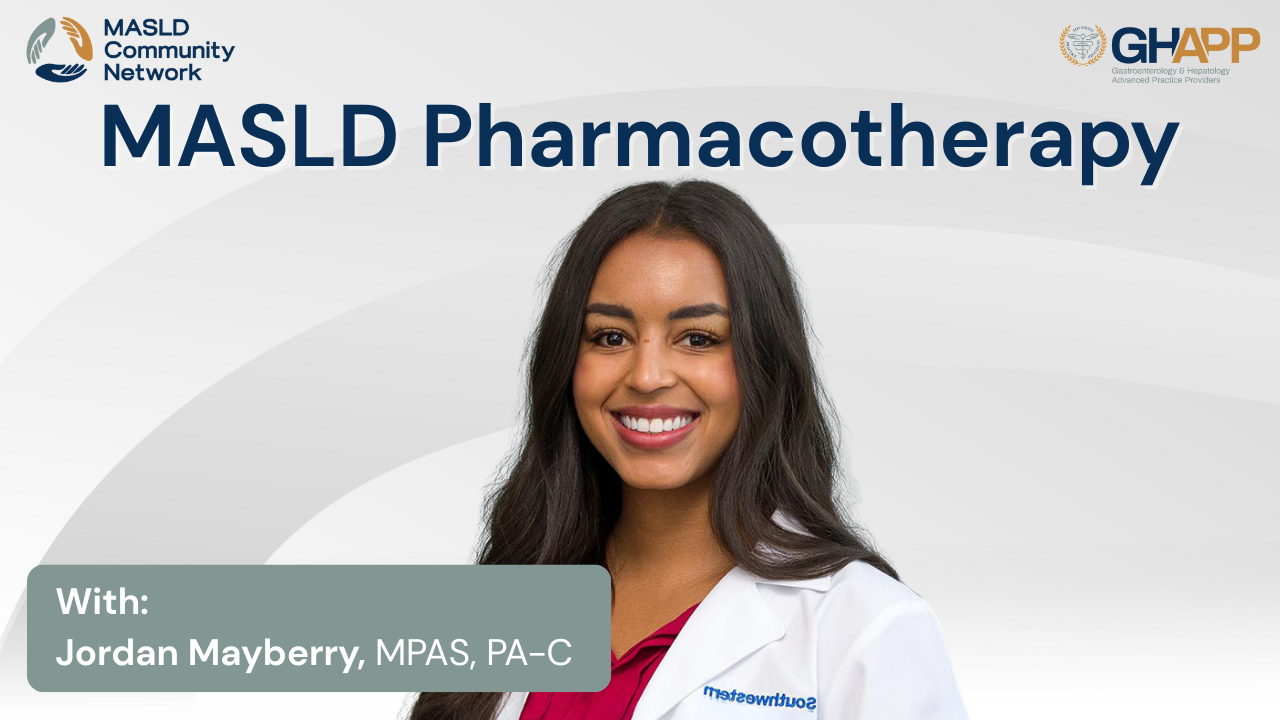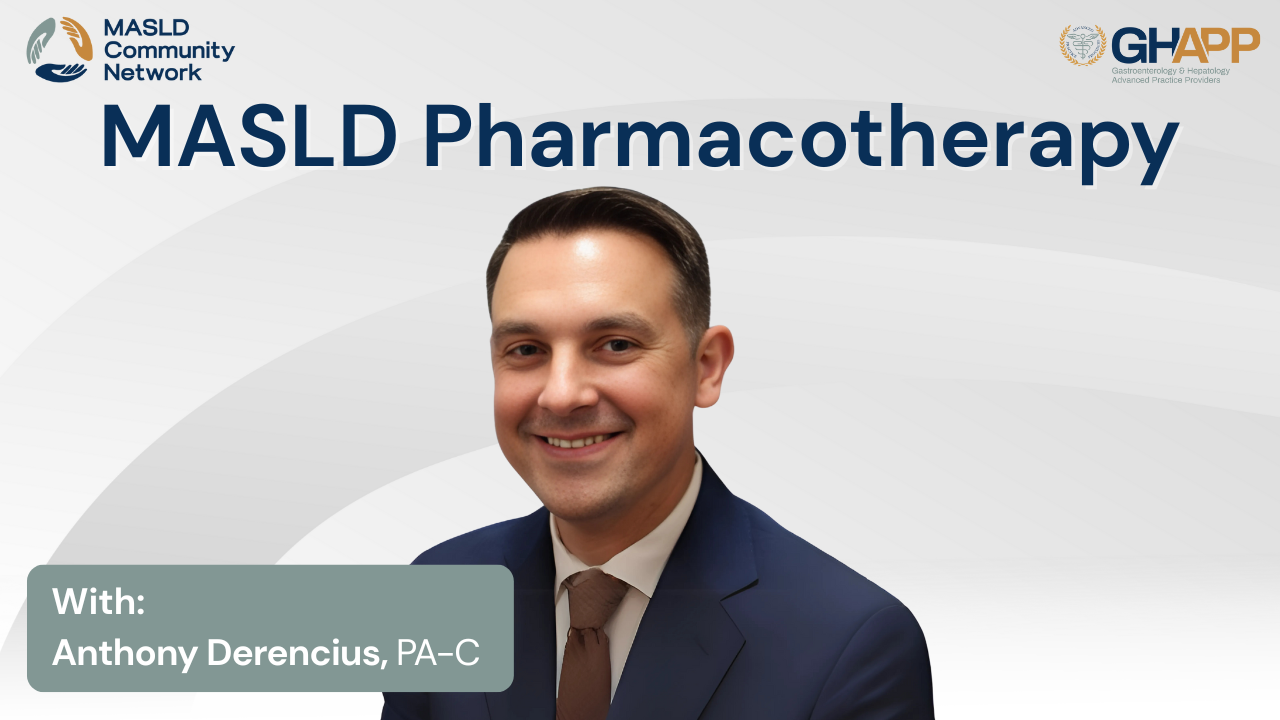
Anthony Derencius
MPAS, PA-C
Location : San Antonio, TX, USA
BIO
Anthony Derencius, PA-C is a former U.S. Army medic and a 2010 honor graduate of the military’s Interservice Physician Assistant Program. During his 11 years in the Army, he provided care to patients and soldiers around the world, including deployments to Afghanistan and Iraq.
After leaving the Army, PA-C Derencius focused his clinical career in the gastroenterology and hepatology field. He has worked in private practice GI in Hawaii and in both general and transplant hepatology in San Antonio, gaining extensive outpatient and inpatient experience. In 2024, he joined Pinnacle Clinical Research, bringing a wealth of clinical expertise to his role as an investigator in many clinical trials for MASLD and other liver diseases.
In 2018, he completed a one-year American Association for the Study of Liver Disease (AASLD) Foundation NP/PA Clinical Hepatology Fellowship. He is also an active member of several medical societies, including the American College of Gastroenterology (ACG) and the AASLD.
MASLD-MASH Content Featuring Anthony

MASLD Pharmacotherapy With Jordan Mayberry

Join Jordan Mayberry, MPAS, PA-C from UT Southwestern, for an insightful session from the GHAPP MASLD/MASH Community Network focused on the evolving landscape of pharmacotherapy in MASLD and MASH. This presentation explores evidence-based strategies for treating metabolic dysfunction–associated steatotic liver disease (MASLD), with an emphasis on weight loss, diabetes management, and liver-directed therapies. Jordan breaks down key data on GLP-1 receptor agonists, SGLT2 inhibitors, Vitamin E, pioglitazone, and highlights the latest clinical evidence supporting the use of Resmetirom—the first FDA-approved treatment for MASH with stage 2 or 3 fibrosis. Learn how these therapies fit into hepatology practice, including clinical considerations, side effect management, and patient selection. Stay up to date on ongoing research, treatment duration, and real-world application of these new therapies. Don’t forget to register and join the GHAPP MASLD/MASH Community Network for continued education and access to valuable resources.
Watch Now

Lifestyle Management With Anthony Derencius

Join Anthony Derencius, PA-C, at Pinnacle Clinical Research, for an in-depth, case-based discussion on the role of lifestyle management in MASH and MASLD. In this educational session from the GHAPP MASLD Community Network, Anthony walks through the real-world case of a 65-year-old patient with obesity, diabetes, and suspected metabolic liver disease, highlighting how to interpret non-invasive diagnostics like FIB-4 scores and transient elastography. He explains the clinical significance of metabolic risk factors, genetic predispositions (such as PNPLA3), and how personalized approaches to nutrition and exercise can alter the progression of fatty liver disease. With evidence-based insights on the Mediterranean diet, aerobic vs resistance training, and behavior change strategies, this video offers frontline strategies to support patients in reversing or slowing fibrosis. Watch to learn how providers can combine patient education, lifestyle interventions, and emerging pharmacotherapy to manage MASLD and MASH more effectively. Educational support provided by Madrigal Pharmaceuticals. For more disease state content, visit the GHAPP MASLD Community Network.
Watch Now

APP Insight: Misconceptions About Liver Health

In this video, Anthony Derencius, PA-C at Pinnacle Clinical Research, clears up some of the most common misconceptions about liver health—offering valuable insights for both patients and healthcare providers. With extensive experience in hepatology, Anthony emphasizes that liver disease is often silent and asymptomatic, meaning many individuals may feel completely fine while living with a significant liver issue. He cautions against relying on a single lab result or imaging test to determine liver status, especially when assessing for conditions like cirrhosis, and stresses the importance of confirming findings through multiple diagnostic tools over time. Anthony also highlights the need for proactive screening, particularly in patients with risk factors such as obesity, diabetes, or a family history of liver disease. Early detection is key, and he encourages patients to advocate for their liver health by seeking evaluation—even if their provider hasn’t suggested it. This is a must-watch for anyone aiming to better understand the complexities of liver disease and the importance of early and accurate diagnosis.
Watch Now

Management of Life Style Modification

This video focuses on the comprehensive management of patients with metabolic-associated steatohepatitis (MASH), emphasizing lifestyle modifications, dietary adjustments, and exercise strategies. Key topics include the importance of addressing risk factors like diet, exercise habits, and alcohol intake, as well as referrals to medically supervised weight loss clinics or bariatric surgery for advanced cases. The speaker highlights the benefits of the Mediterranean diet, intermittent fasting, and avoiding ultra-processed foods while discussing the role of resistance training to combat sarcopenia and maintain muscle mass. Practical advice and tailored recommendations ensure a holistic approach to managing MASH and improving patient outcomes.
Watch Now

Third Step of Life Style Management

This video provides a comprehensive overview of emerging pharmacologic treatments for metabolic-associated steatohepatitis (MASH) and their tailored applications based on patient profiles. Topics include FDA-approved therapies, drugs in advanced clinical trials (such as semaglutide and lanifibranor), and the potential for combination treatments targeting both steatohepatitis and fibrosis. The speaker emphasizes the importance of patient-specific approaches considering metabolic profiles, obesity, and diabetes status, alongside lifestyle interventions. Additionally, the video discusses the evolving interdisciplinary care model and highlights the exciting progress in non-invasive testing and treatment advancements for F2-F3 fibrosis.
Watch Now

Approved Medication for MASH/NASH

This video provides detailed guidance on selecting and monitoring patients for emerging therapies targeting advanced fibrosis (F2-F3) in NASH. Key topics include contraindications for patients with cirrhosis, considerations for concomitant medications, and dose adjustments for statins. The video outlines ideal candidates based on specific thresholds for VCTE, MRE, ELF scores, and other non-invasive tests while emphasizing the importance of ruling out portal hypertension and other liver diseases. It also reviews a stepwise monitoring approach, focusing on tolerability at three months and efficacy assessments at six and twelve months, with an emphasis on histologic and non-invasive test improvements.
Watch Now

Types of Diet for the Treatment of MASLD

This video explores comprehensive strategies for managing metabolic-associated steatohepatitis (MASH), focusing on fibrosis risk stratification, lifestyle modifications, and pharmacologic interventions. Learn about dietary recommendations like the Mediterranean diet, exercise guidelines emphasizing resistance training, and the role of intermittent fasting and processed food avoidance. The video also highlights weight loss targets, diabetes management, and emerging therapies such as GLP-1 receptor agonists and bariatric surgery, all aimed at improving liver health and patient outcomes.
Watch Now

NITs to Identify High Risk MASH Patients

Explore advancements in non-invasive diagnostics and risk stratification for liver fibrosis and MASH. This video highlights tools like FIB-4, transient elastography, and innovative scoring systems (e.g., FAST and Agile) to identify and predict outcomes for high-risk patients. Learn about serum biomarkers, updated guidelines, and the role of lifestyle interventions alongside targeted therapies for managing metabolic risks and advancing care in hepatology.
Watch Now

MASLD Pharmacotherapy With Anthony Derencius

Join Anthony Derencius, PA-C, sub-investigator at Pinnacle Clinical Research, for an in-depth, case-based discussion on the pharmacologic management of MASLD (Metabolic Dysfunction-Associated Steatotic Liver Disease) and MASH (Metabolic Steatohepatitis) in this GHAPP MASLD Community Network presentation. With clinical insights from both hepatology practice and research, Anthony explores the multifactorial approach to managing metabolic liver disease—emphasizing weight loss strategies, GLP-1 receptor agonists, cardiovascular risk reduction, and liver-directed therapies. Learn how medications like semaglutide and tirzepatide play a role in weight loss and glycemic control, and how vitamin E and pioglitazone are still considered under specific circumstances. A major highlight includes the mechanism and clinical data behind resmetirom, the first FDA-approved therapy for MASH with F2–F3 fibrosis. Anthony explains its thyroid hormone receptor β-selectivity, efficacy data from the MAESTRO-NASH trial, real-world safety considerations, drug interactions, and monitoring protocols. This presentation is essential viewing for clinicians managing MASLD and MASH in both community and research settings, offering practical strategies, current guidelines, and a look into the future of liver-specific pharmacotherapy.
Watch Now

LFTs Demystified: A Practical Guide for APPs

In this informative session, Anthony Derencius, PA-C and sub-investigator at Pinnacle Clinical Research, provides a practical and accessible breakdown of liver function tests (LFTs) and liver-associated enzymes, with a focus on their role in diagnosing and monitoring fatty liver disease—including MASLD (metabolic dysfunction-associated steatotic liver disease) and MASH (metabolic-associated steatohepatitis). Drawing from years of experience in both general and transplant hepatology, Anthony explains how to interpret key markers like ALT, AST, alkaline phosphatase, bilirubin, albumin, and GGT. He emphasizes why elevated or even normal LFTs don’t always tell the whole story, and how a full workup—including viral hepatitis panels, autoimmune markers, alcohol-related labs, imaging, and non-invasive fibrosis assessments—can help uncover the root cause of liver injury. This video also walks viewers through when to consider additional tools like FIB-4, ELF score, FibroScan, or even liver biopsy. Whether you're a primary care provider or hepatology specialist, this session will sharpen your ability to distinguish between benign lab variations and signs of serious liver disease, ultimately supporting earlier diagnosis and better outcomes for your patients.
Watch Now
FAQ's

APP Insight: Misconceptions About Liver Health

In this video, Anthony Derencius, PA-C at Pinnacle Clinical Research, clears up some of the most common misconceptions about liver health—offering valuable insights for both patients and healthcare providers. With extensive experience in hepatology, Anthony emphasizes that liver disease is often silent and asymptomatic, meaning many individuals may feel completely fine while living with a significant liver issue. He cautions against relying on a single lab result or imaging test to determine liver status, especially when assessing for conditions like cirrhosis, and stresses the importance of confirming findings through multiple diagnostic tools over time. Anthony also highlights the need for proactive screening, particularly in patients with risk factors such as obesity, diabetes, or a family history of liver disease. Early detection is key, and he encourages patients to advocate for their liver health by seeking evaluation—even if their provider hasn’t suggested it. This is a must-watch for anyone aiming to better understand the complexities of liver disease and the importance of early and accurate diagnosis.
Watch Now










